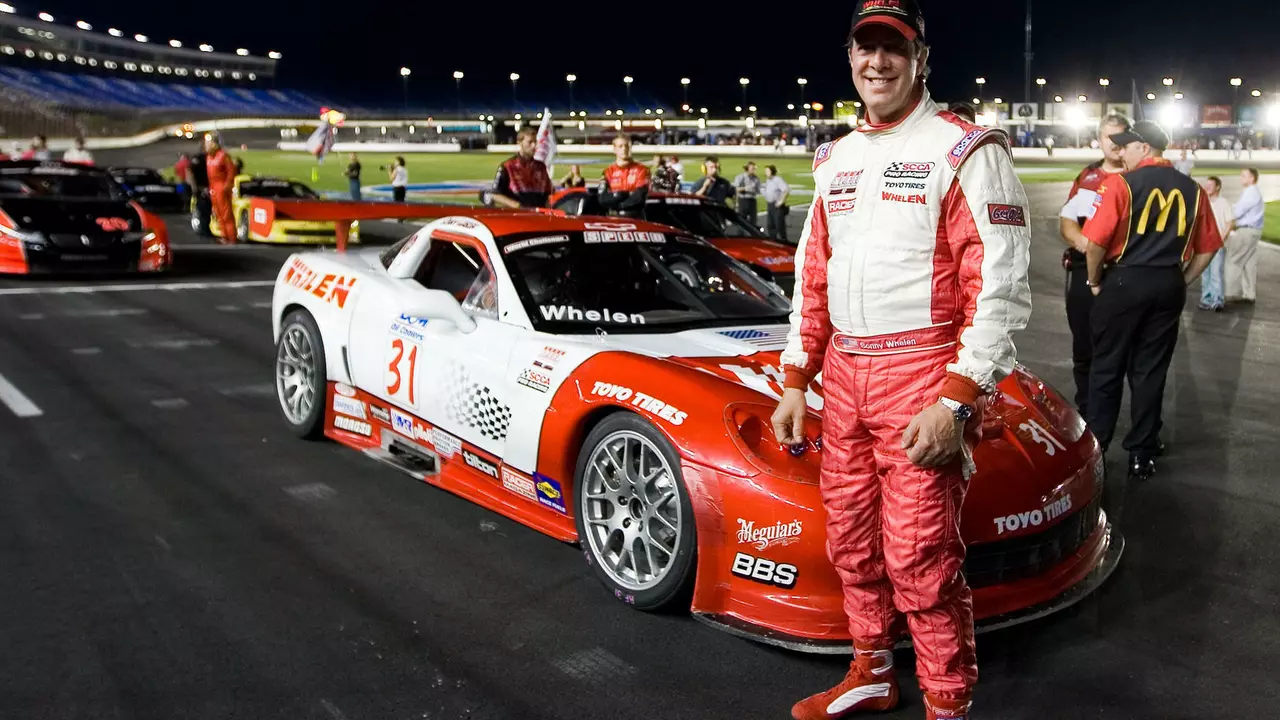How to Build a Motorsport Career from the Ground Up
If you love the roar of engines and the thrill of a corner taken at full speed, you’re probably wondering how to turn that passion into a real job. The good news? Motorsport isn’t just for drivers – there are dozens of roles that keep the cars and bikes moving, and most of them start with the same basic steps: learn, get experience, and make connections.
Start with the Right Training
The first thing you need is a solid foundation. For drivers, that means taking a racing school or a superbike academy. Schools like the British Racing Drivers' Club (BRDC) or national superbike programs teach you bike control, cornering technique, and how to read a track. If you’re aiming for a technical role – engineering, mechanics, data analysis – look for automotive or motorsport engineering degrees. Many colleges now offer specialised modules on 800‑volt electric systems, aerodynamics and race‑car simulation. Even a short course on engine tuning or telemetry can give you a leg up.
Don’t forget the soft skills. Communication, teamwork and the ability to stay cool under pressure are as important as raw speed. A lot of teams value people who can explain a problem clearly and work fast during a pit stop. If you’re not already comfortable speaking up, join a local club or a karting league – it’s a low‑cost way to practice both driving and teamwork.
Get Real‑World Experience
Where you learn matters, but where you practice matters more. Start by entering local club races or time‑attack events. Those events are cheap, they’re friendly, and they put you on the radar of regional teams. If you’re aiming for a mechanic or engineer role, volunteer at a race weekend or offer to help a small team with setup and data logging. Those hands‑on hours look great on a résumé and often lead to paid gigs.
Internships are a gold mine. Many manufacturers and racing teams run summer programmes that let you sit in on everything from wind‑tunnel testing to race‑day strategy meetings. Even a few weeks in a pit lane can teach you the rhythm of a race weekend and give you contacts that might call you when a seat opens.
Networking isn’t just swapping business cards – it’s joining forums, following team socials, and showing up at track days. Talk to drivers about what they need from a crew, ask engineers how they approach data, and be genuine. People remember a friendly face who asked good questions.
Once you’ve built a portfolio of race results, technical projects, or pit‑lane work, start targeting the roles you want. For drivers, a solid finish in a regional championship is your calling card. For engineers, a case study on a car’s aerodynamic tweaks or a data‑analysis report can be the ticket. Tailor each application to the team’s current needs – if they’re shifting to electric powertrains, highlight any experience you have with 800‑volt systems or battery management.
Remember, motorsport careers rarely follow a straight line. You might start as a mechanic, move into data analysis, and end up driving a race car. Stay open, keep learning, and keep the excitement alive. The track isn’t the only place to win – it’s the whole journey that makes the career worth the ride.
How do you become a racing driver for free?
Becoming a racing driver for free is indeed a thrilling journey. It all starts with gaining knowledge about the sport and practicing in simulation games which are available online for free. You can then participate in local amateur racing events, which often require minimal to no investment. Although not entirely free, a good option is to seek sponsorships or scholarships that some racing schools offer to promising drivers. Finally, persistence and networking are essential as they can open doors for free training and opportunities in the racing industry.
Auto Racing: How do I become a racecar driver?
I've always been passionate about auto racing and recently decided to research how to become a racecar driver. First, I discovered that it's crucial to start with karting to learn the basics and gain experience. Next, obtaining a racing license and joining a racing school is essential to further develop skills and knowledge. I also learned that networking and finding sponsorship can play a significant role in advancing one's racing career. Finally, being persistent, dedicated, and committed is key to achieving success in this highly competitive field.

